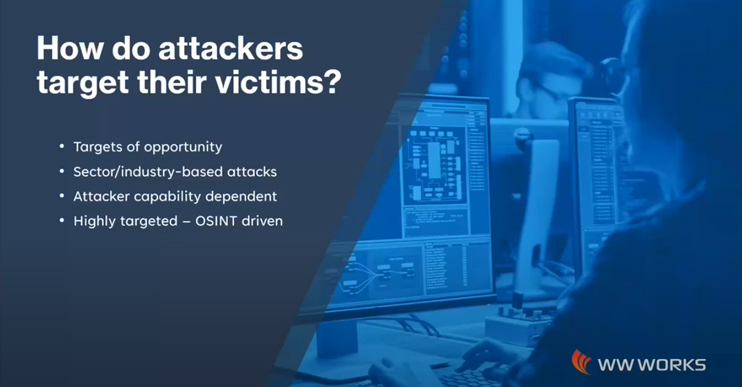No doubt about it, cyber security breaches are a major concern for everyone, even major websites.
Recently a massive denial-of-service (DoS) attack shut down major websites across the internet, including Twitter and Spotify, a streaming music service. The Healthcare industry, in particular, is especially vulnerable to cyber attacks.
The Ponemon Institute’s latest study, The Sixth Annual Benchmark Study on Privacy & Security of Healthcare Data reveals that the majority of healthcare organizations represented in this study have experienced multiple data breaches. The Ponemon Institute conducts independent research on privacy, data protection and information security policy. They’ve found that, “data breaches in healthcare are consistently high in terms of volume, frequency, impact, and cost.”
In fact, almost 90 percent of healthcare organizations depicted in the study had a data breach in the past two years, and 45 percent had more than five data breaches in that same time period. Unfortunately, despite the heightened frequency of breaches, the study found that many organizations don’t have the resources to manage data breaches caused by employee mistakes and growing cyber threats.
For the second year in a row, criminal attacks are the leading cause (50%) of data breaches in healthcare. This year, ransomware, malware, and DoS attacks are the top cyber threats facing healthcare organizations. Healthcare organizations are also concerned about “employee negligence, mobile device insecurity, use of public cloud services, and employee-owned mobile devices or BYOD—all threats to sensitive and confidential information.”
In this technological climate, you would think that these organizations would prioritize security. They have not. In fact, the majority of healthcare organizations “have not invested in the technologies necessary to mitigate a data breach, nor have they hired enough skilled IT security practitioners.”
Recent well-publicized data breaches in healthcare have put the industry on alert. Healthcare organizations are most concerned about denial of service (DoS) attacks. Almost half of respondents (48 percent) worry about DoS attacks against their organizations. A DoS attack is a cyber-attack where the perpetrator prevents intended users from accessing a computer or network resource. They interrupt or suspend services of a host connected to the Internet. This latest DoS attack is said to be the largest of its kind in history.
No organization should be without proper Information Technology security services. Even with the latest security systems in place, cyber attacks may occur. To help with incident response, 40 percent of respondents say their healthcare organizations have hired a third party, including outside legal counsel (65 percent of respondents) and a proper IT security provider (48 percent).
We live in an increasingly networked world, and protecting those networks is no longer optional. Cyber crime is only likely to increase, despite the best efforts of the government or cyber security experts. Cyber criminals are sophisticated, so it is every organizations responsibility to stay informed and stay up to date
with the latest cyber security defenses.
Technology can be a little intimidating. If you’d like a hand, feel free to reach out and let’s see what we can do to help.





